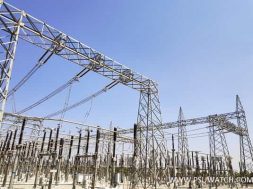
Shared electric and connected vehicles in 10-15 years in India
NEW DELHI: Shared electric and connected mobility will take a decade to 15 years to become popular in India. In the meantime, India has to enhance its manufacturing expertise to global size and scale, develop electric vehicle (EV) componentry and enhance its renewable energy capability.
EV exports will cut oil import dependence of the country, said Amitabh Kant CEO, NITI Aayog at the 57th SIAM Annual Convention while speaking on the theme ‘Building the nation responsibly.
At present auto component exports contribute 25 percent of annual production. The 23.4 million auto industry in 2015 is pegged to reach volumes of 66.3 million in 2026 and on a optimistic scenario be in the range of 75.8 million in size that will put a pressure on infrastructure.
At present, while India has 20 cars per thousand people, in USA the ratio is 800 per thousand people and in China 85 cars per thousand. This will give a huge opportunity for growth of electric cars that will grow from 10.4 percent in 2026 to 53.3 percent of the total cars sold in the country.
Growing at a CAGR of 9 percent, EVs sale is pegged at 14 million in 2030 and 30.81 million in 2040, said Kant. “SIAM has to be ready for this growth as already battery prices have fallen by 40-50 percent.
Prices will drop further with scale up in technology and increase in volumes from $273kwatt per hour to $73kwatt per hour in 2030 when there will be a huge shift from IC engines to lithium ion batteries.
Pointing out the challenges, Kant said SIAM must come up with a policy for the industry on EVs, so that the EVs service not only the domestic market but penetrate the global markets. In addition, alternate fuels like hydrogen fuel cells should be leveraged in the long-term to boost clean mobility.
















